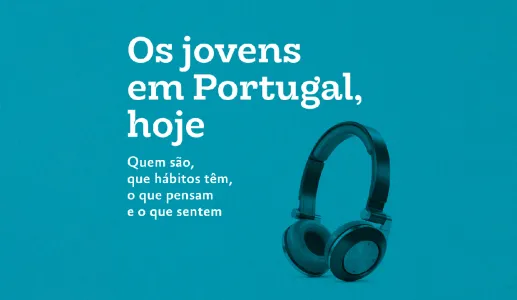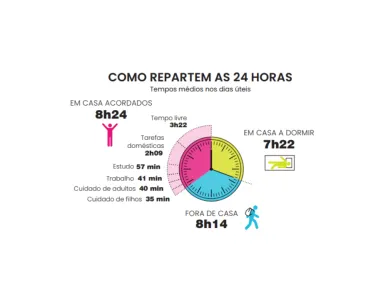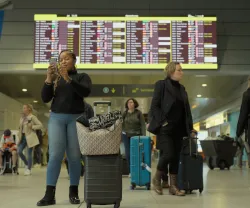
Young People in Portugal Today
Taking into account the depth and relevance of the results obtained in the research on "Women in Portugal today" and in line with its mission to promote and deepen knowledge of Portuguese society, Fundação Francisco Manuel dos Santos considered that it would be most useful to learn more about who young women and men in Portugal are, what they think and how they feel. As with the "Women in Portugal today" study, the research on "Young people in Portugal today" was conducted by a team of consultants and analysts from PRM Market Intelligence, led by Laura Sagnier. To ensure that all the specificities of young people and Portuguese society were properly taken into account, FFMS relied on the advice of two external researchers: Alice Ramos from the Institute of Social Sciences at the University of Lisbon and Evelia Alvarez from ISCTE.
Through a survey of 2.2 million young people between the ages of 15 and 34 living in Portugal, the interested public will be able to learn about different aspects of the reality of these young people's lives, such as:
- their values and ways of life
- their family of origin
- their friends and partners
- education
- paid work
- habits
- the social pressure they feel
- how happy they feel
- whether they have suffered any discrimination
- what they think about issues such as mobility, maternity or paternity, politics and the environment.
Through this research, FFMS and PRM hope to help generate constructive debate and critical reflection on the situation and role of young people in Portuguese society.
10 infografias que retratam os jovens a viver em Portugal.






